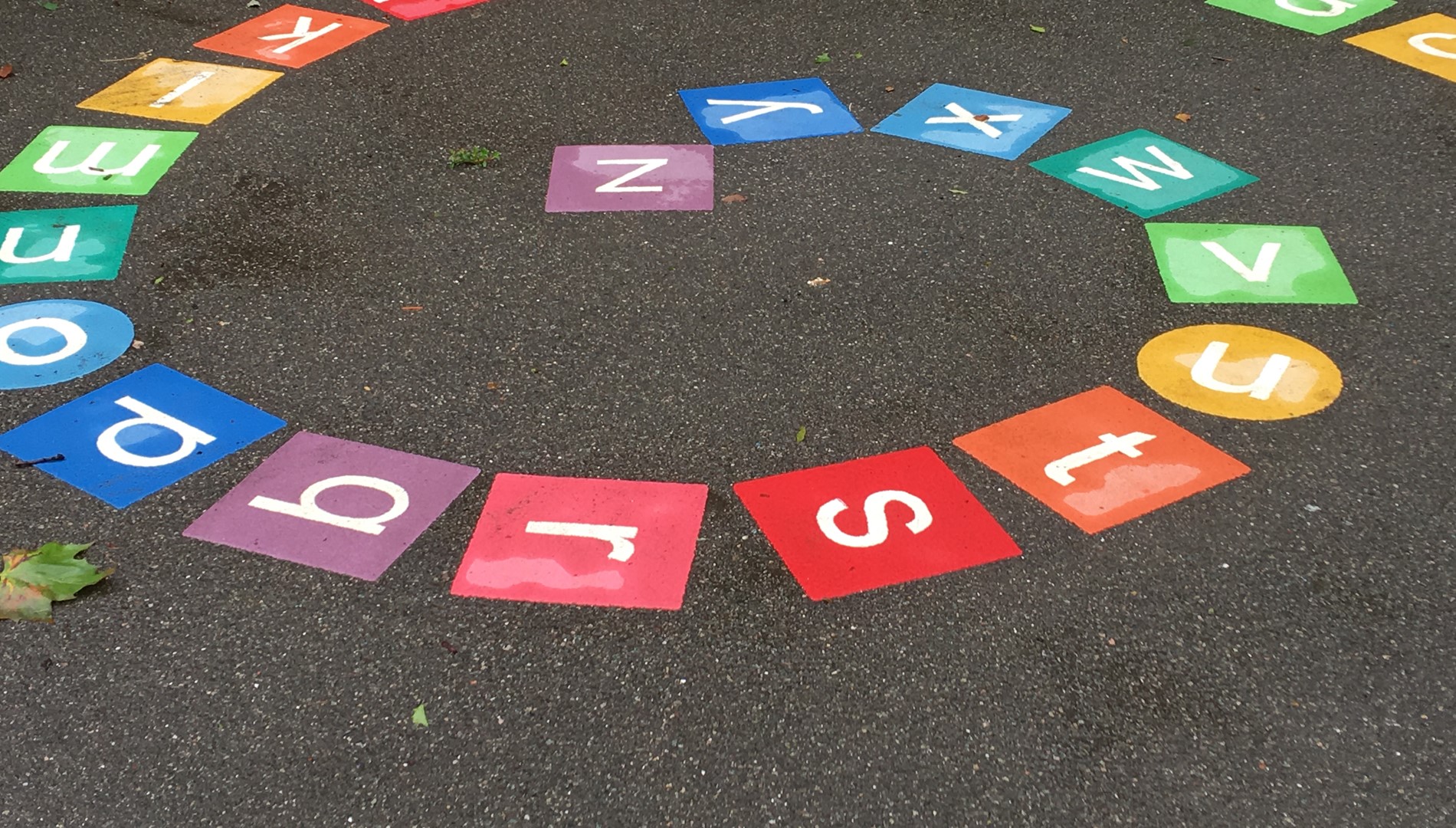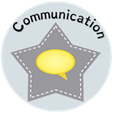Our Phonics Adventure - The Phonics Curriculum at Godinton
The Importance of Phonics
Word-reading is one of the essential dimensions of reading; the other is comprehension. Skilled word-reading involves working out the pronunciation of unfamiliar printed words (decoding) and recognising familiar printed words. Underpinning both of these is the understanding that letters represent the sounds in spoken words. Fluent decoding supports pupils’ comprehension, because they don’t have to devote mental energy to individual words. A good grasp of phonics is also important for spelling, contributing to fluency and confidence in writing.
Phonics is the method of teaching reading and writing by correlating sounds with letters or groups of letters. There are 44 sounds (phonemes) in the English language which we put together to form words. These sounds are spelt by 144 different letter combinations (graphemes). Some sounds are represented by one letter like the ‘t’ in tin, whilst other sounds are represented by two or more letters like ‘ck’ in duck. Some sounds can be spelt in different ways, for example, the sound ‘a’ is spelt several different ways, including ay (play) and ai (train). Children are taught the sounds, how to match them to letters and finally how to use the letter sounds for reading and spelling.
To enable our children to flourish and succeed in life, it is important we get the fundamental building blocks correct. We start teaching phonics in Reception; lessons are taught through the Systematic Synthetic Phonics Programme, Little Wandle Letters and Sounds, and begin at the start of the academic year.
Children in Reception and Year 1 have a daily Little Wandle Phonics lesson. This is alongside other reading activities which take place each week, such as story time and group reading sessions, which help to ensure that our children develop a love of reading and become avid, enthusiastic readers. Children read a lovely range of Little Wandle fiction and non-fiction reading books in their group reading sessions which take place three times a week and focus on the same book each day in order to develop the children's confidence. Each session looks at a different aspect of reading: fluency, prosody (reading with expression) and comprehension in order for the children to have a well-rounded reading experience. Once the children have practised their book in school, they bring it home to share with parents and carers. We encourage parents to find time for their children to practise reading their book at home and to enjoy the book together. The children will also bring home a reading for pleasure book to share with adults at home. This may be a book which they are able to read independently or a book which is just beyond their independent reading capabilities but which can be read to them by an adult with discussion around the story taking place.
The combination of focused, supportive reading sessions in school and additional daily reading opportunities at home helps our children to become strong independent readers who enjoy books and stories.
As part of our Guiding Stars curriculum, Reading, Phonics and Writing are the leading light subjects for ‘Communication’.
Within our English curriculum, the children develop an understanding of the needs of an audience and respond accordingly. They become confident to use the written or spoken word, to share ideas and thoughts or to entertain, report or explain, setting the page alight with ideas. The children develop a desire to expand their vocabulary and to enrich how they write and speak, trying to find the right words for the right situation. They learn how to improve their work and are happy to listen to or respond to suggestions. We want our children to have a love of literature and find enjoyment in the written or spoken word of others.
Click on the Communication icon below to find out more about how the children’s understanding of communication progresses throughout these curriculum areas.
Please click here to be taken to our reading curriculum page.
Supporting Your Child with Little Wandle Phonics
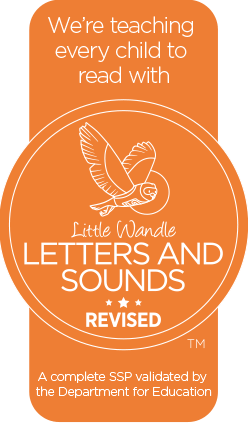
The resources and information below, are available to help parents in supporting their child's understanding of phonics and reading. Every autumn we hold a phonics information workshop for parents, where we talk you through how phonics is taught at Godinton and share ideas for helping your child at home.
Click here, to visit the parent pages on the Little Wandle website. Amongst other information, here you will find information on:
How we teach phonics
How to use the books your child brings home
Click on the links below to find out more about the sounds taught in Reception and Year 1.
Please click on the pictures below, to watch videos of how to pronounce each sound.
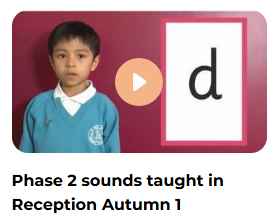
Click here to access the video clip
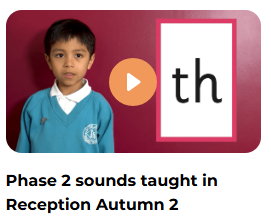
Click here to access the video clip
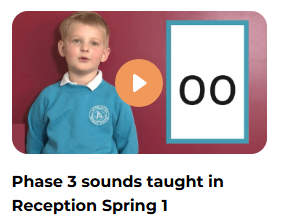
Click here to access the video clip
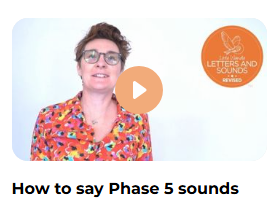
Click here to access the video clip
